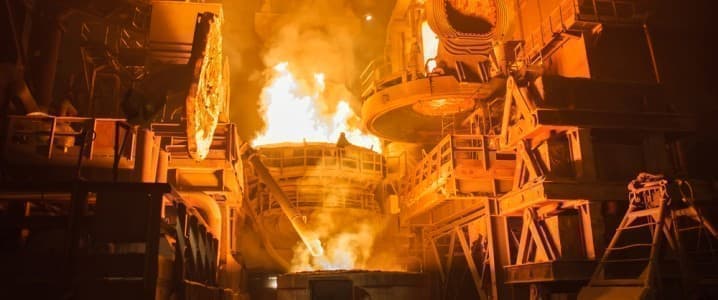EPA Extends Emergency Waiver for Midwest Gasoline Supply
The U.S. Environmental Protection Agency (EPA) has renewed for a second time an emergency waiver for the summer spec gasoline requirements in four Midwest states following the supply emergency after the shutdown of ExxonMobil’s Joliet refinery in Illinois in July and early August.
The waiver for Illinois, Indiana, Michigan, and Wisconsin lifts the federal anti-smog rules that require more expensive summer gasoline to be sold in the U.S. during the hottest months of the year.
The waiver, first issued on July 31 after ExxonMobil’s Joliet refinery was closed on July 15, is now extended for a second time until September 15.
Exxon’s Joliet refinery 40 miles southwest of Chicago is equipped to handle 275,000 barrels of crude per day, producing about 11 million gallons of gasoline and diesel fuel every day.
The facility was shut down in the middle of July following a power outage caused by a storm.
Following a three-week outage, Exxon began to restart on August 7 some units at the refinery.
As a result of the outage, and other outages in the Midwest, regional gasoline prices rose earlier in August, the U.S. Energy Information Administration (EIA) said last week.
A series of refinery outages in Chicago and Ohio raised Midwest prices for petroleum products, particularly gasoline, compared to the U.S. average, the EIA said.
While retail gasoline prices in the Midwest are typically lower than the U.S. average, due to production from local refineries and lower regional fuel taxes, the average retail gasoline price in the Midwest has been within 1% of the U.S. average for three consecutive weeks following the outages, the EIA noted.
Apart from Exxon’s Joliet refinery, operators also reported temporary unit shutdowns at facilities in Ohio, including Cenovus’s 183,000-bpd Lima and 150,800-bpd Toledo refineries.
Midwest refinery utilization decreased 11 percentage points to 86% because of these outages, reducing refinery production of gasoline, diesel, and other refined petroleum products.
After these refineries resumed operations in the second week of August, Midwest refinery utilization increased more than 10 percentage points the following week, to 97% as of August 16.
By Charles Kennedy for Oilprice.com

